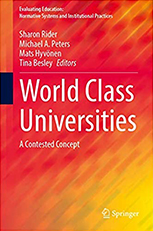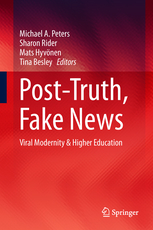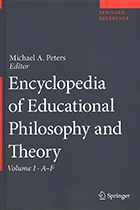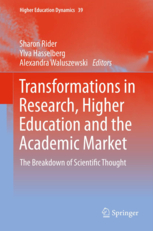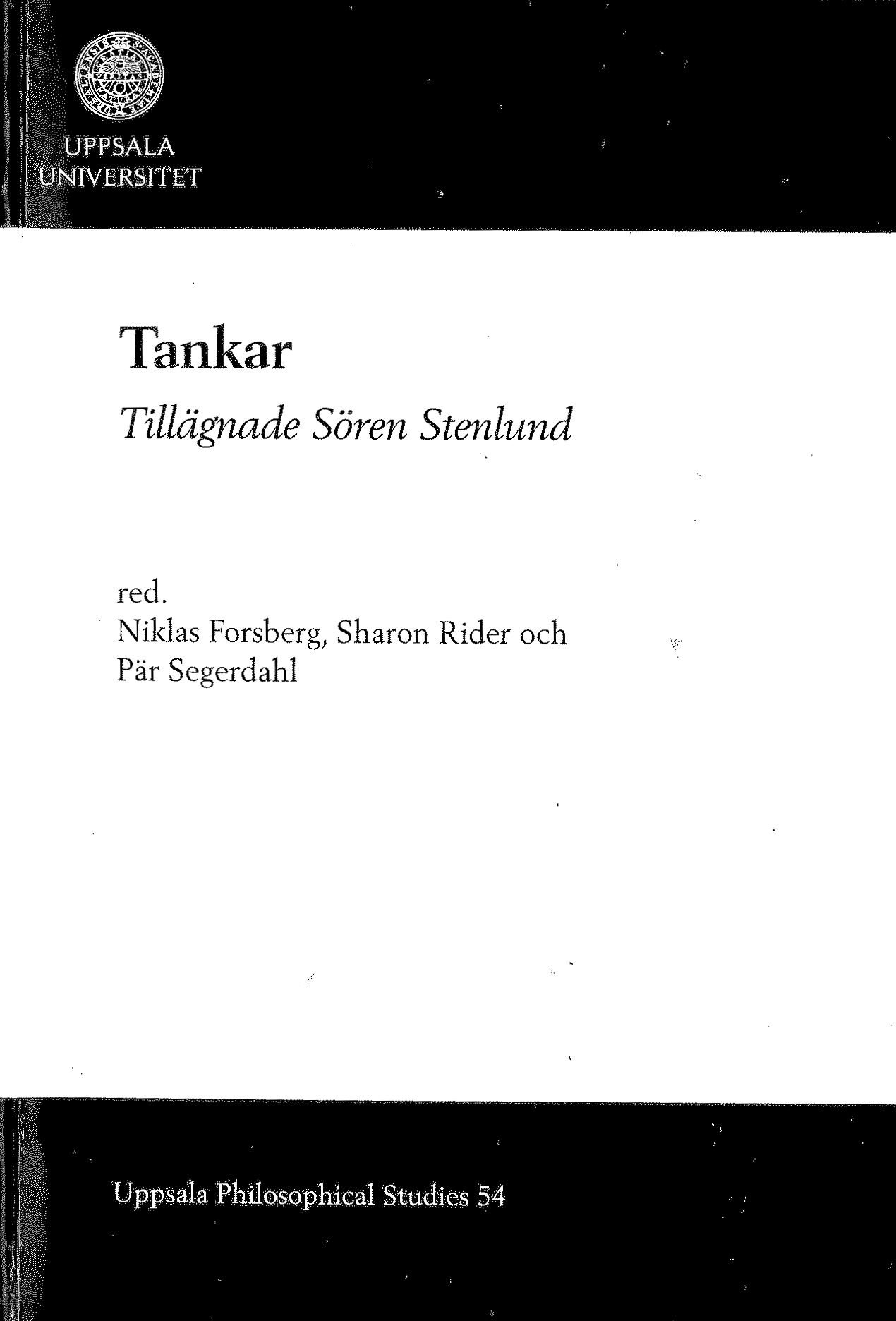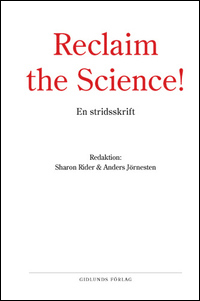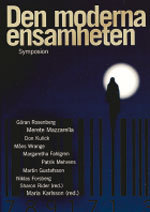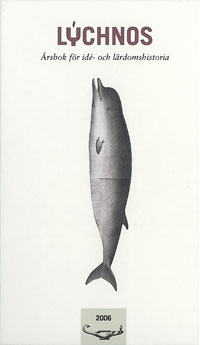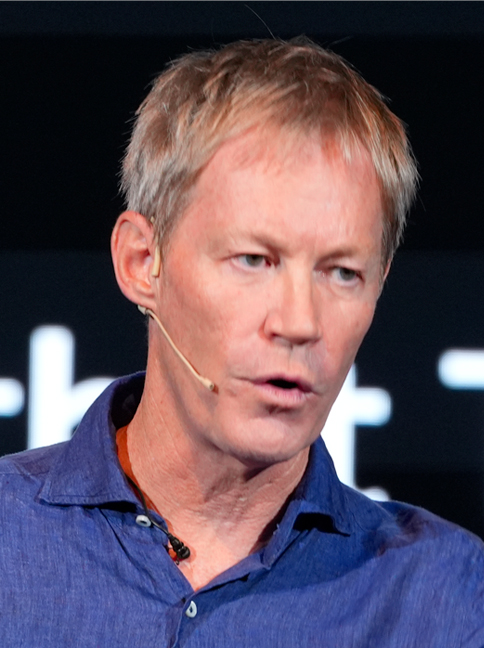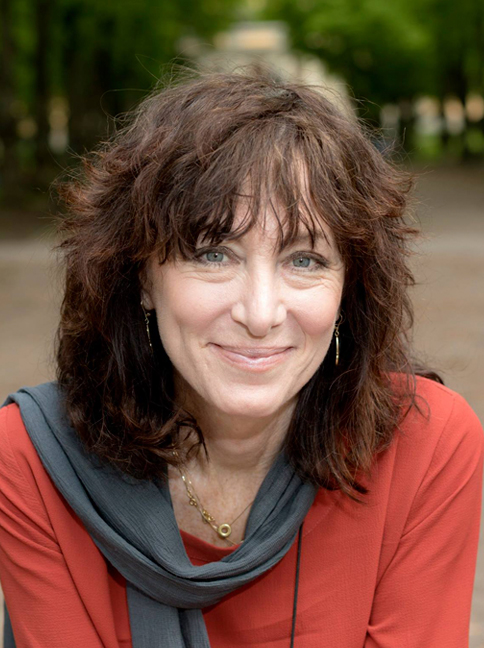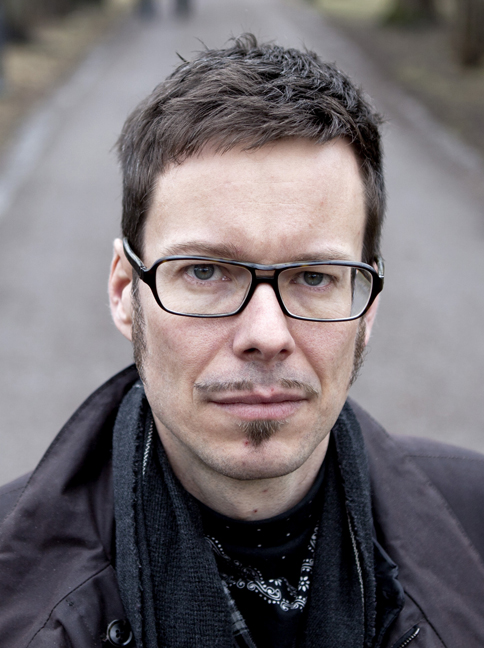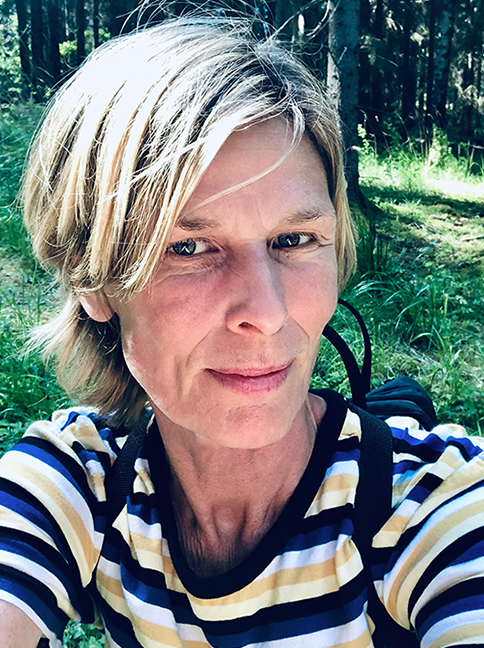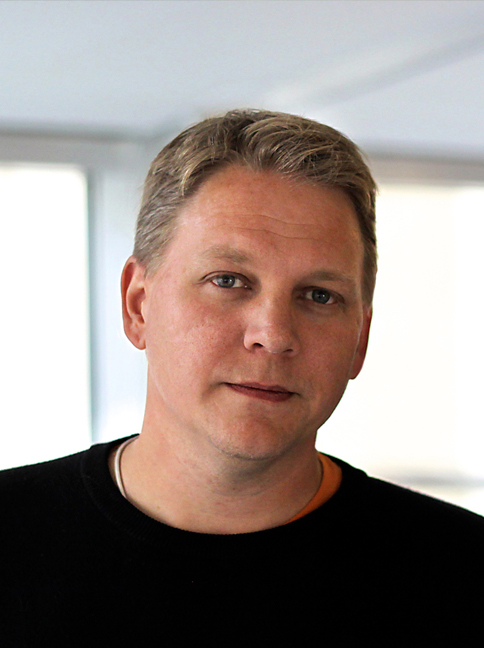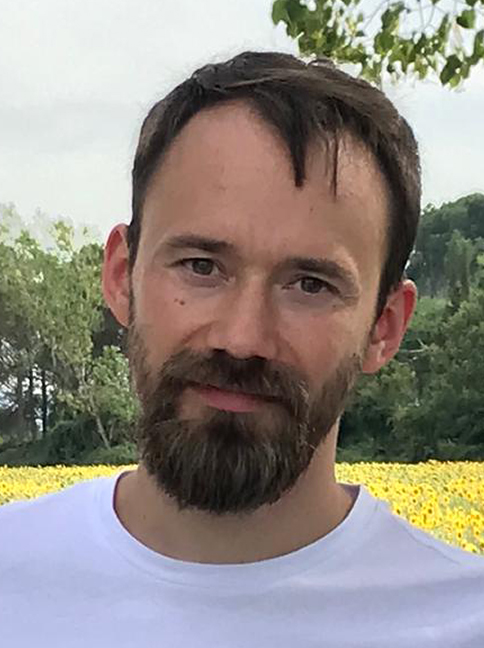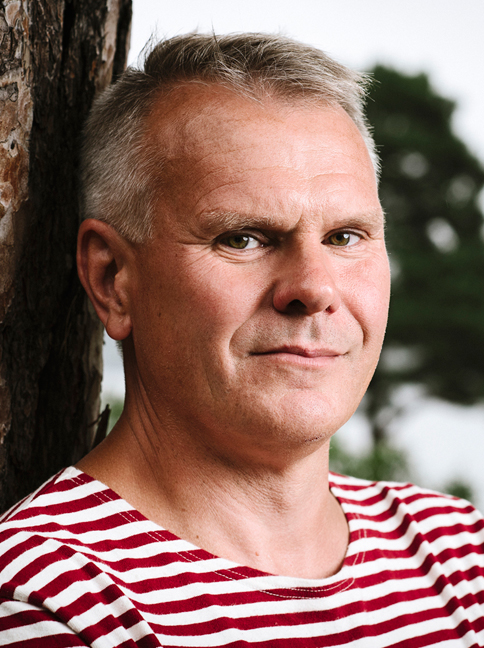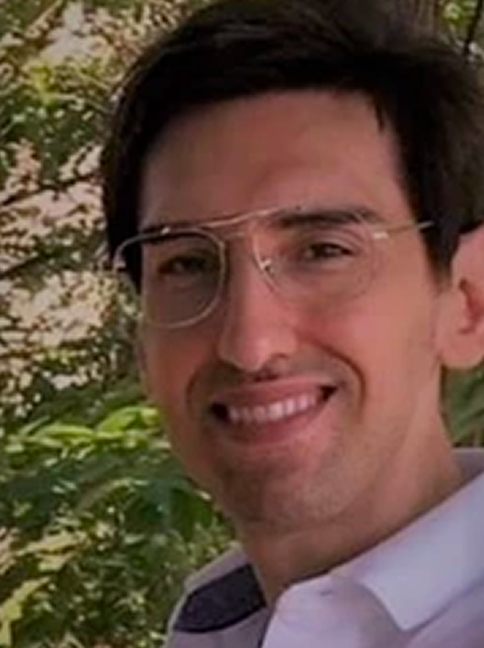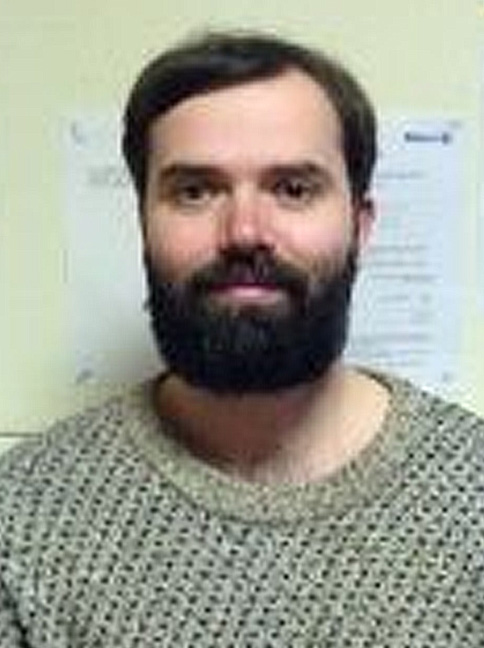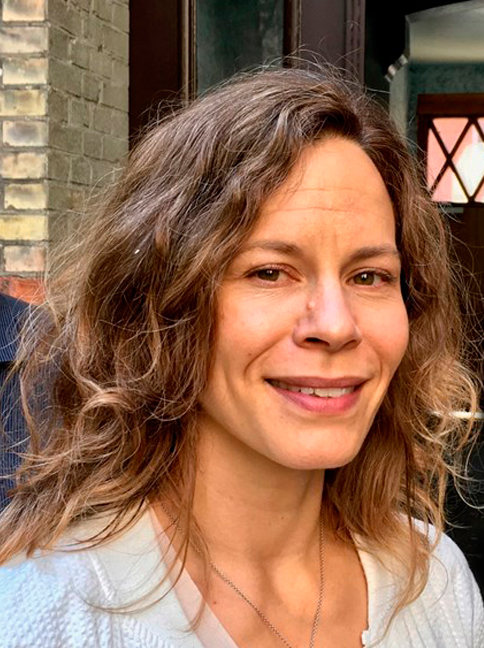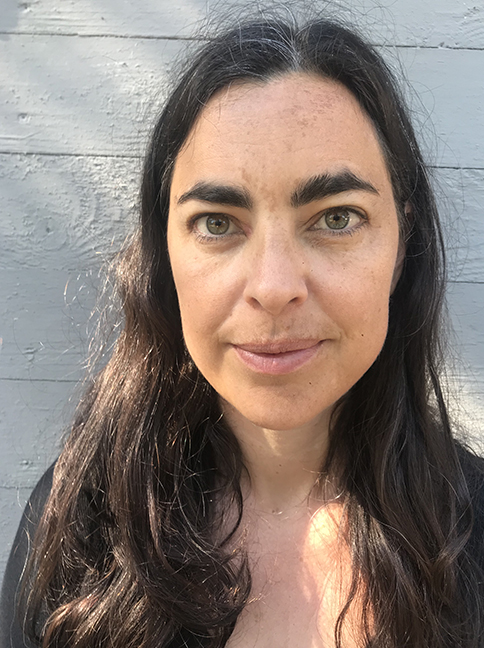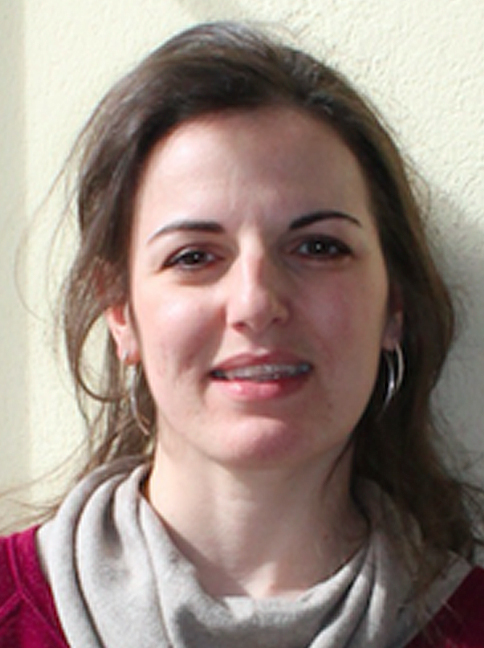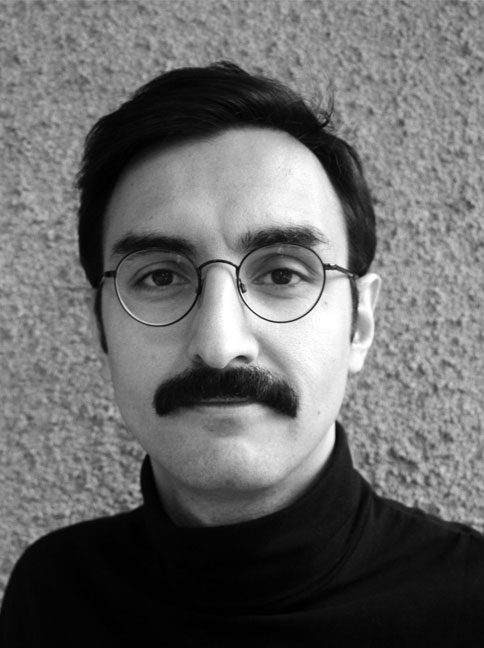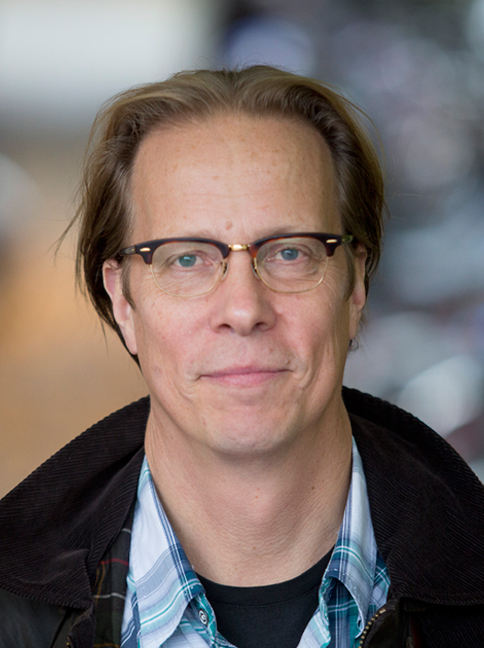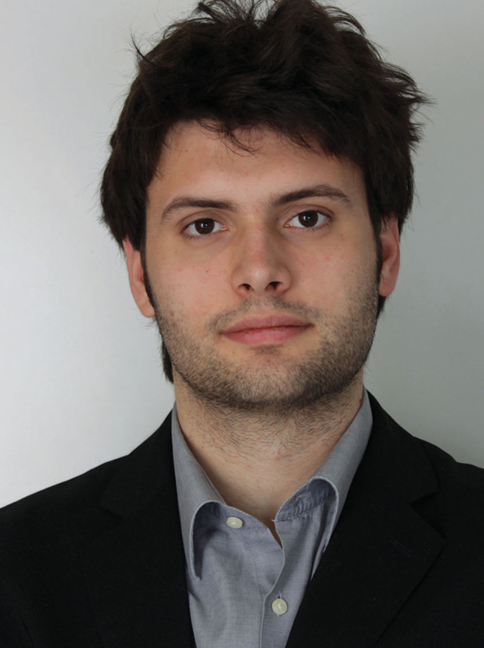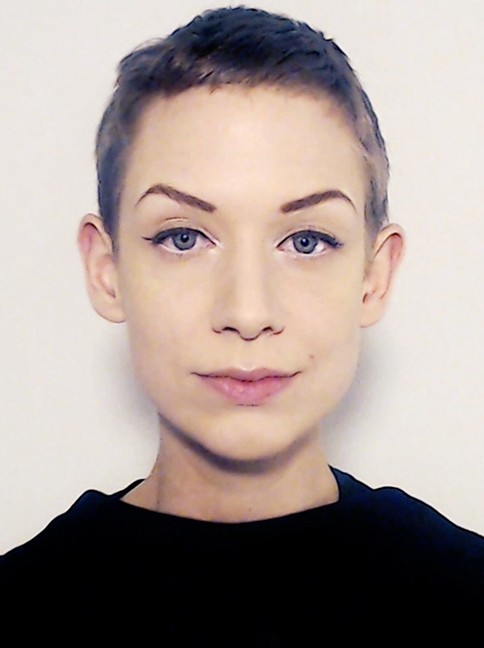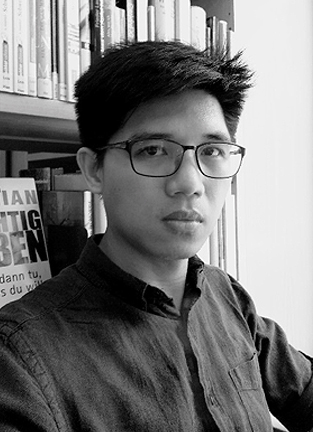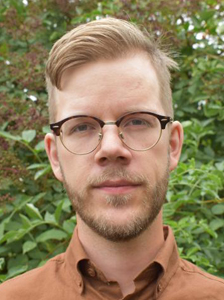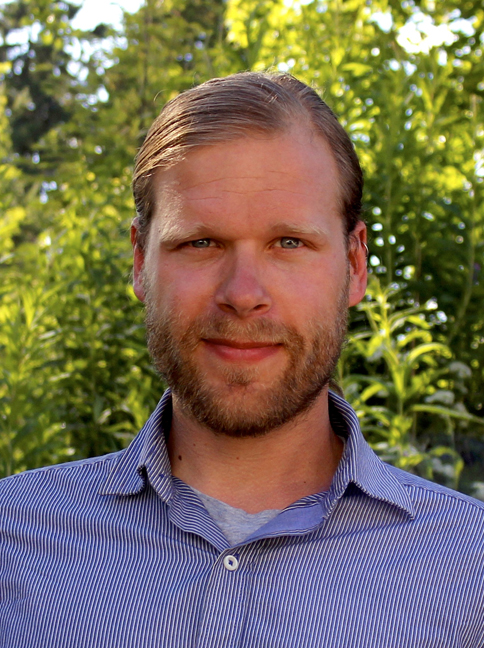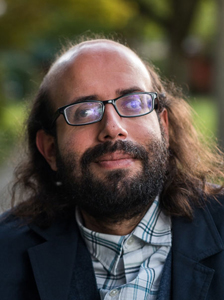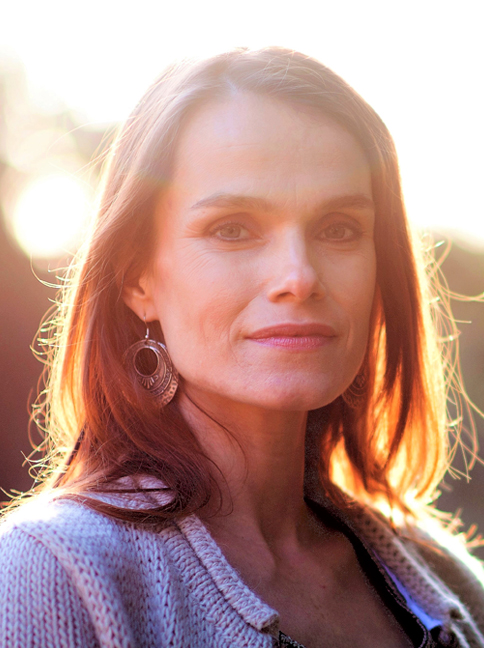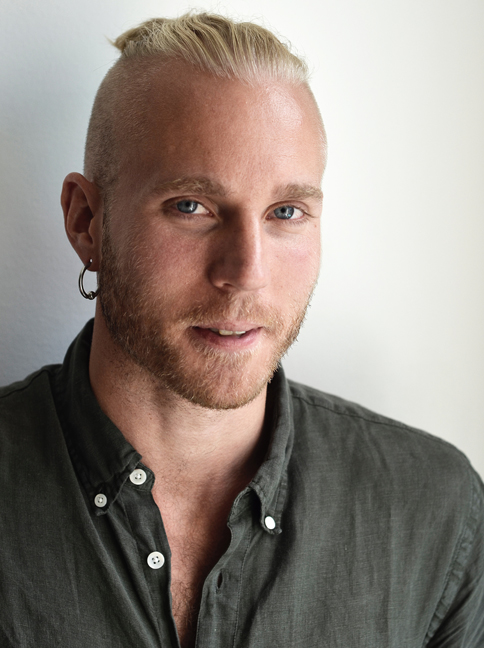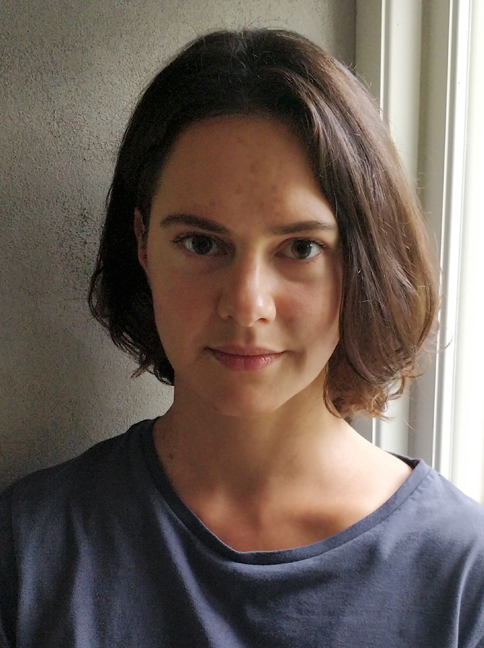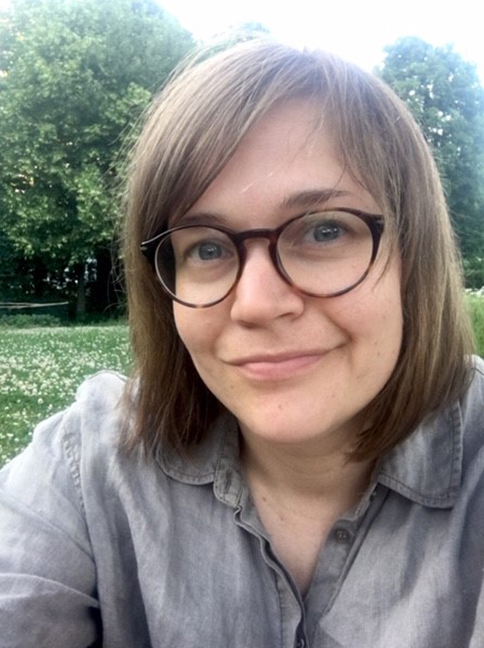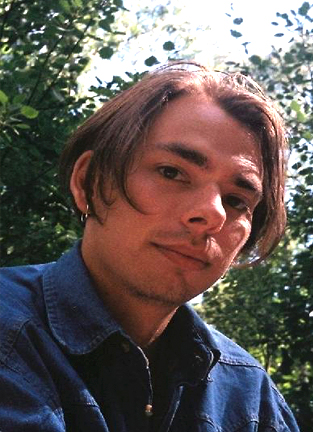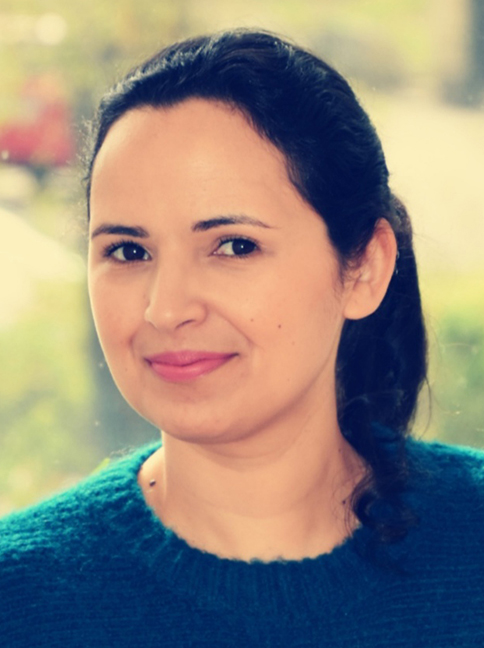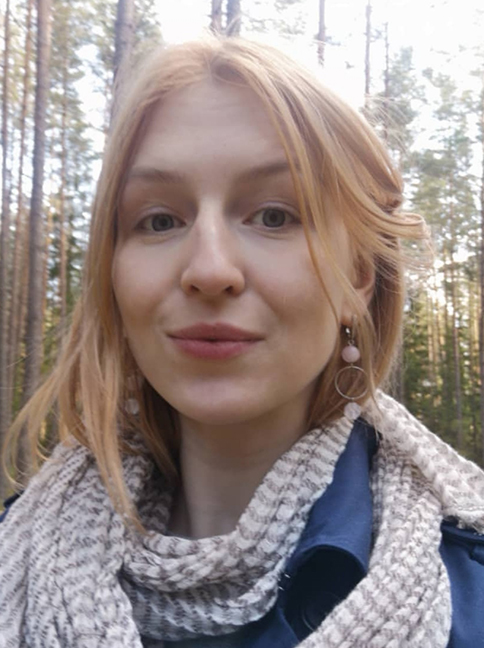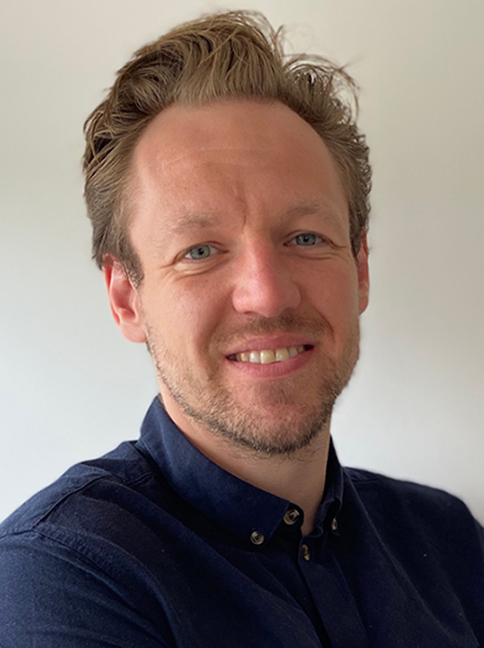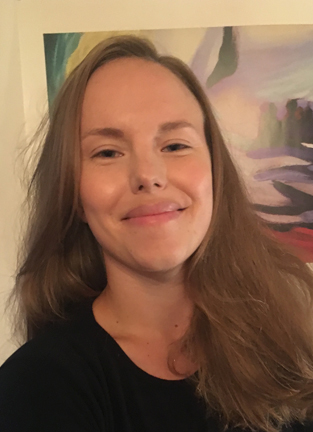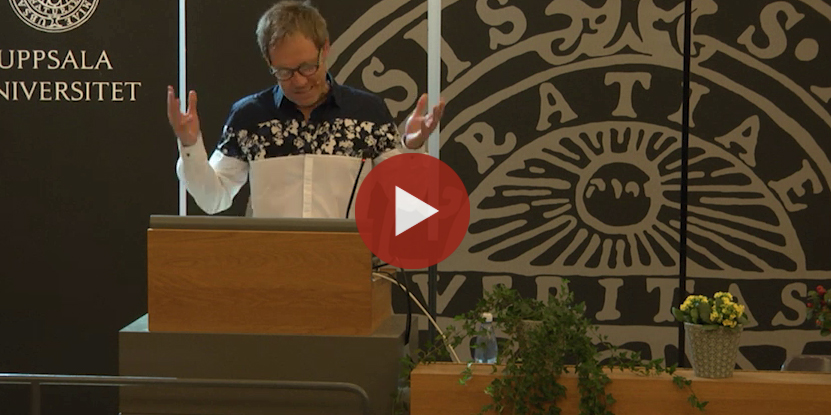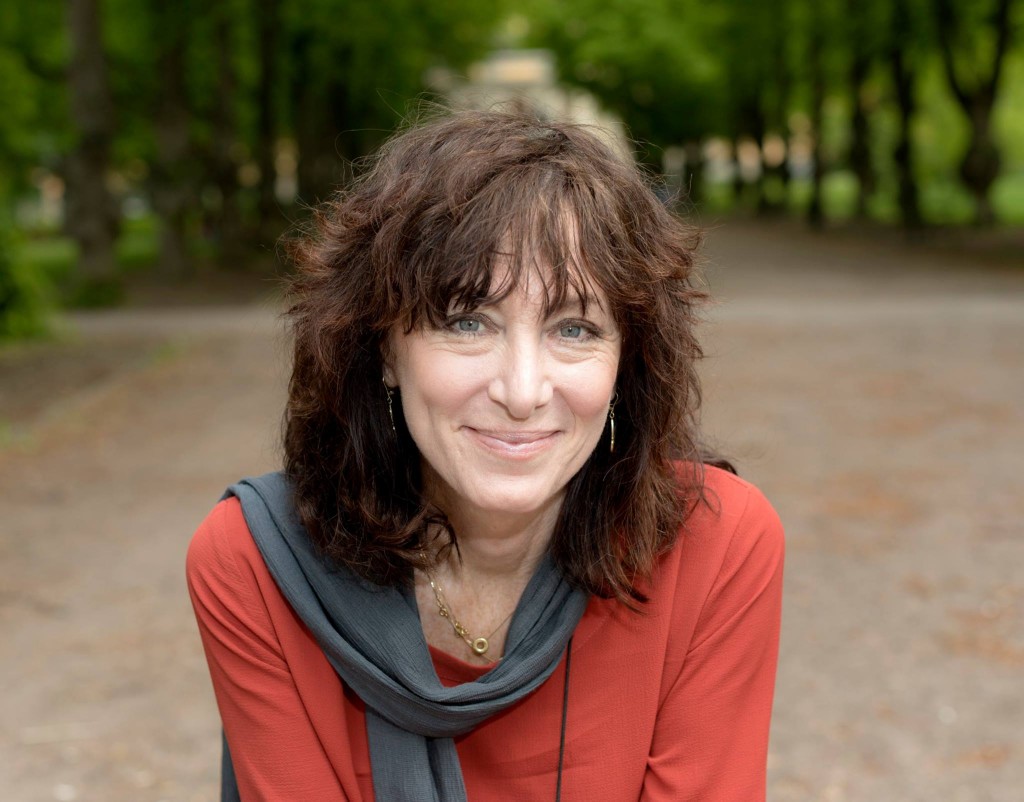
I am Professor of Logic and Metaphysics at Uppsala University. My main research interests are in 19th and 20th century European thought falling within the domain of philosophical anthropology, or what I call “cultural epistemology”. My interest in vulnerability has to do with how the conditions of possibility for thinking, understanding and learning such as real needs, practical utility, custom, and chance, are often misconceived as limitations and barriers, i.e., as obstructions to thinking. I want to show, on the contrary, how such conditions are often productive of what can count as “knowing” something, proving it, or understanding it.
My recent publications reflect this focus on the possibilities and limitations of educational institutions and practices for cognitive agency, including essays on the tension between cosmopolitan and place-based conceptions of what people need to know and be able to do in order to achieve their human potential, and, related to this, the normative discourse that attempts to ameliorate the conditions of those regarded as belonging to the periphery – mostly by re-framing those conditions according to the needs of the political, cultural and economic center. As a consequence, my work has moved in the direction of democratic theory.
Most of my teaching in the last several years has been at the postgraduate level. I have taught courses, inter alia, on the historical development of the university and its theoretical conceptualizations; on place and experience; on the relationship between action, intention and speech; on certainty, uncertainty and trust; on mind and meaning, and on the very idea of “making sense”.
I hold a number of commissions of trust, including as the Faculty of Arts elected representative in Uppsala University’s Electoral College and Permanent Consultative Assembly and as a government-appointed member of the Scientific Advisory Board of the Swedish International Development Cooperation Agency (SIDA).
A Few Recent Publications
2022. The University as Honest Broker. In: S.S.E. Bengtssen & R. E. Gildersleeve (eds.). Transformation of the University: Hopeful Futures for Higher Education. Routledge.
2022. Autonomy for Whom? Governance of What? The Rationality of Academic Freedom. In De Gennaro I., Hofmeister H., Lüfter R. (eds), Academic Freedom in the European Context. Cham: Palgrave Critical University Studies.
2021. The Corrosion of Academic Character. In: Mahon Á. (ed.) The Promise of the University. Debating Higher Education: Philosophical Perspectives, vol 10. Singapore: Springer.
2021. Fitting and Fudging: On the Folly of Trying to Define Post-Truth, in Analyse und Kritik, Vol. 43, Issue 2. Read text
Current Projects Academic Year 2022
I am Deputy Director of the Centre for Higher Education and Research as Objects of study (HERO): https://www.idehist.uu.se/hero_en/
Contact information: sharon.rider@filosofi.uu.se
Selected publications:
The list below is only a representative selection. For more information, see the attached CV.
Monograph
| 2021 | 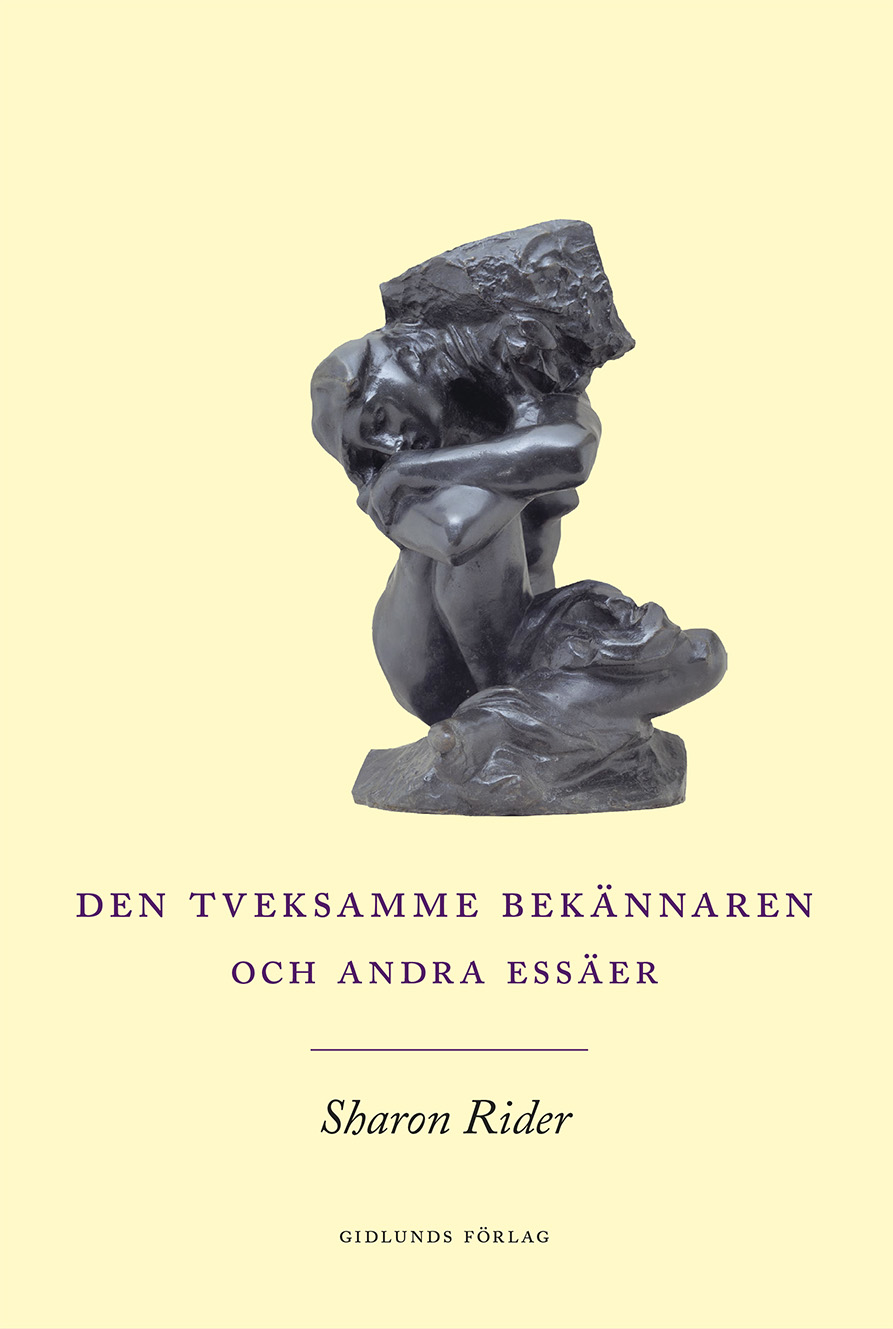 | Sharon Rider, Den tveksamme bekännaren och andra essäer, Hedemora: Gidlund. |
| 1998 | 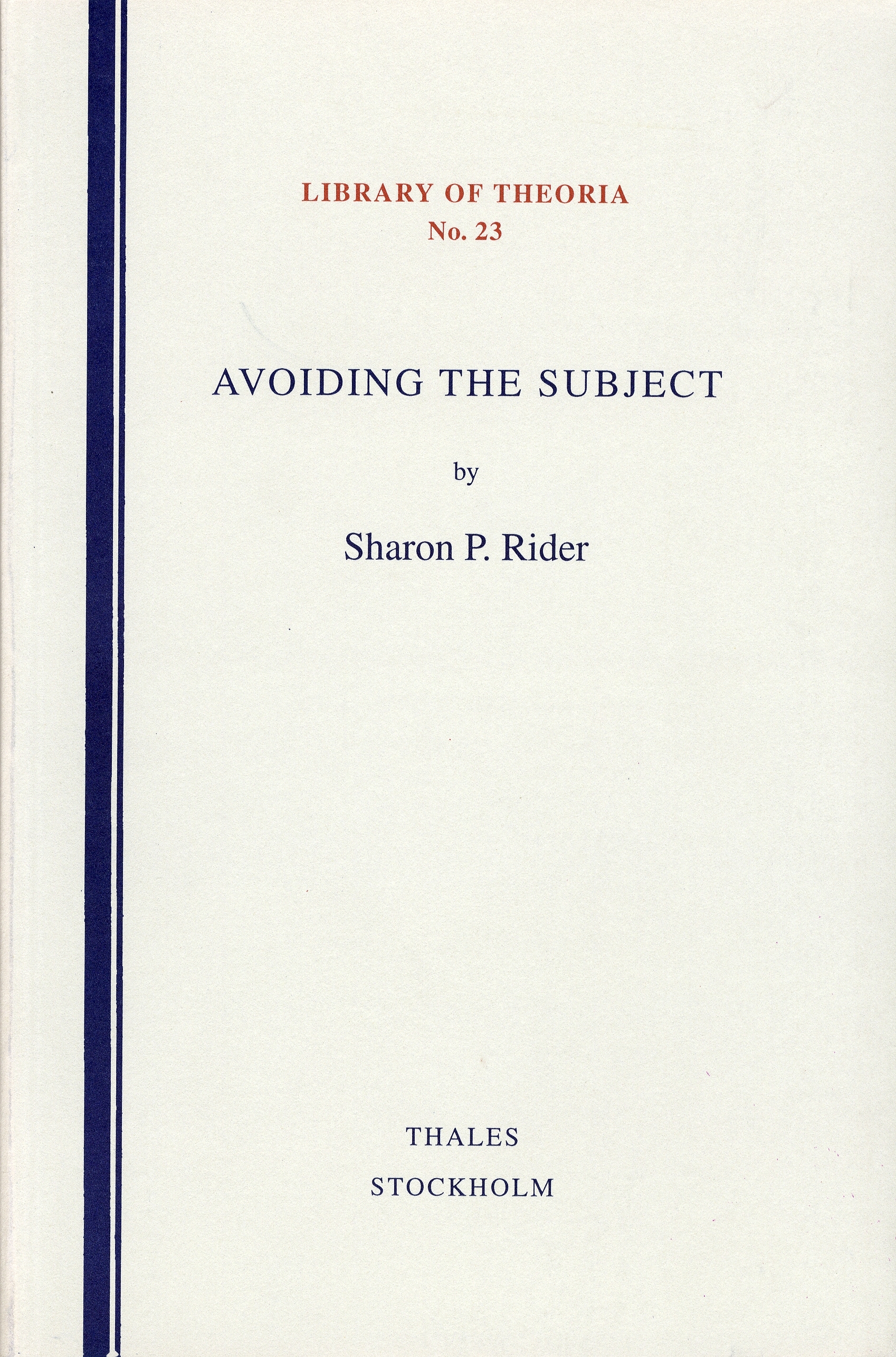 | Sharon Rider, Avoiding the Subject: A Critical Inquiry into Contemporary Theories of Subjectivity, Stockholm: Thales. |
Anthologies
Reports
| 2015 |  | Den lönsamma humanioran, Briefing Paper, Timbro, September 2015. |
| 2014 | 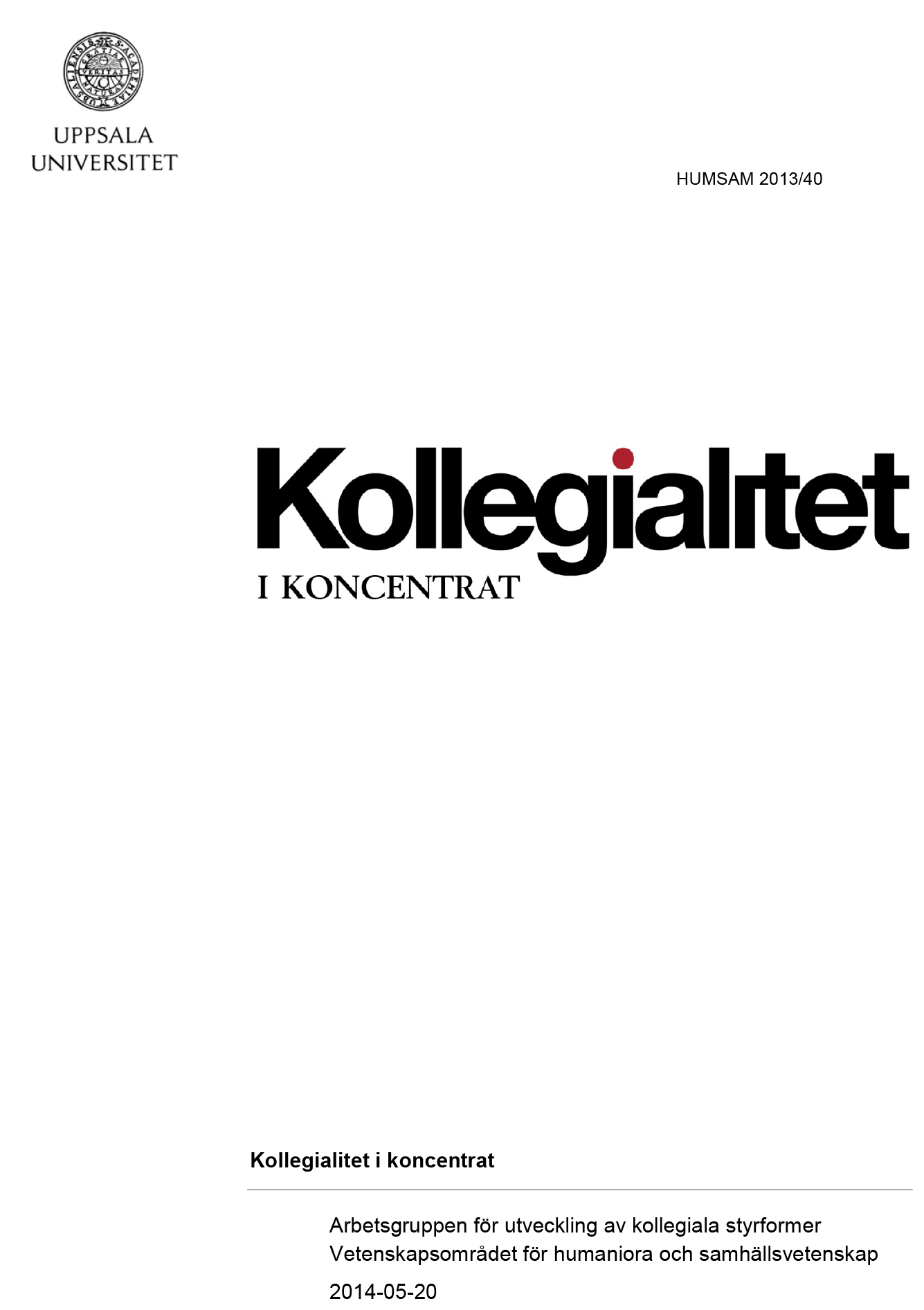 | Kollegialitet i koncentrat (with Shirin Ahlbäck Öberg and Elin Sundberg) for Arbetsgruppen för utveckling av kollegiala styrformer Vetenskapsområdet för humaniora och samhällsvetenskap, Uppsala universitet.. |
| 2000 | 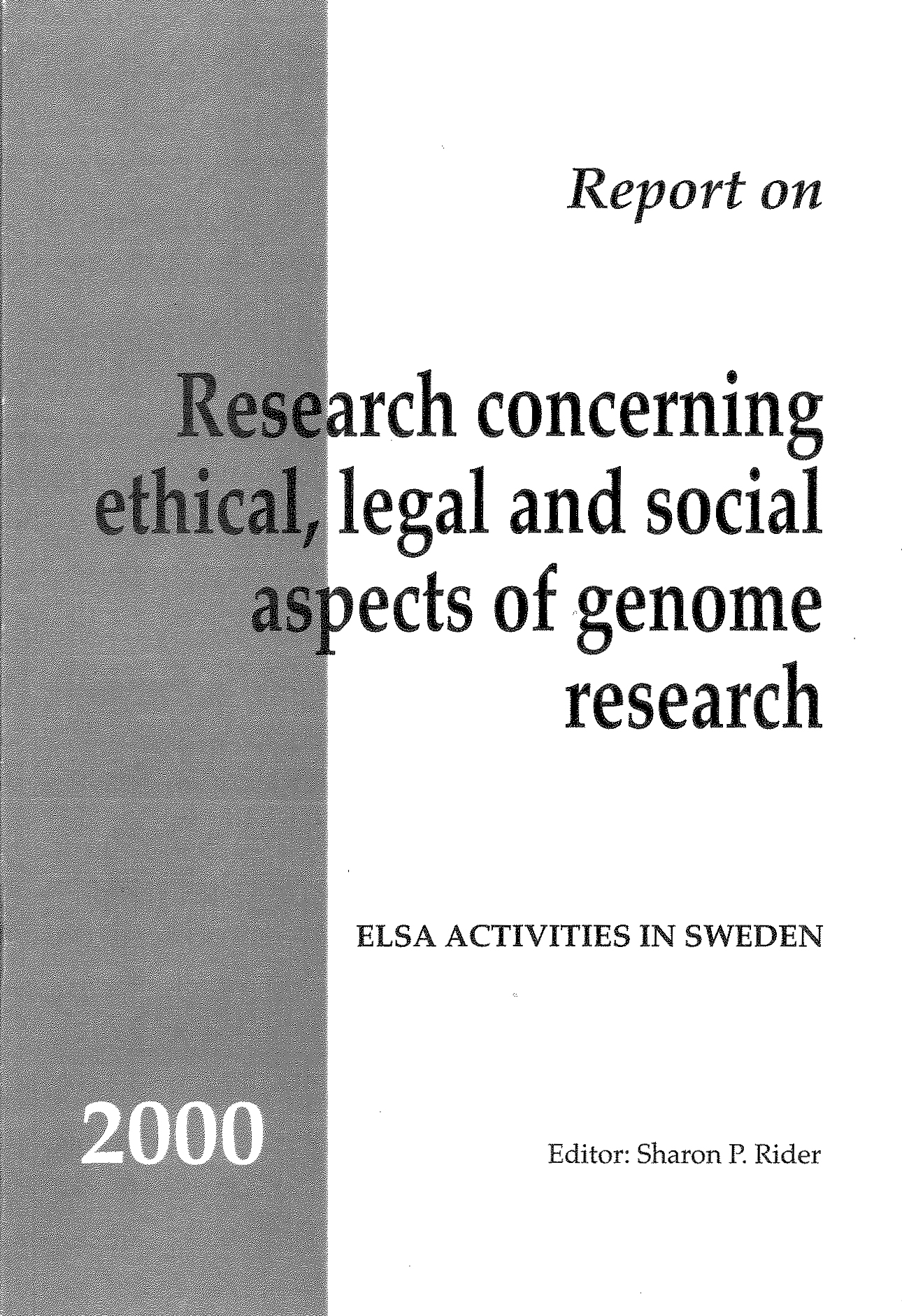 | ELSA activities in Sweden: Report on Research Concerning Ethical, Legal and Social Aspects of Genome Research, ed. Sharon Rider. |
Selection of articles (see CV for full bibliography, including other works and articles in Swedish)
| Forthcoming 2022 | Can Plurality of Thought Be Institutionalized? Collegial Bodies as Epistemic Guilds. In: T. Fitzgerald, H.M. Gunter & J. Nixon (Eds.), Intellectual leadership, higher education and precarious times. Bloomsbury Academic Publishers |
| Forthcoming 2022 | Behind the ivory façade: Capitalism, the post-truth condition, and epistemic authority. In: L. Leišytė, J. Dee and B. der Meulen (Eds.), Research Handbook on the Transformation of Higher Education. Edward Elgar Publishers. |
| 2022 | Epistemic Equilibrium and Symbolic Spontaneity: A Response to Steve Fuller. Educational Philosophy and Theory, 25 October 2022. Read article |
| 2022 | The Experience Economy: A Defense of the Epistemic Commons. In: E. Bengtson, K. Ekeman, M. Gorgis, L. S. Therkildsen & Alexander Stagnell (Eds.), Shadows in the Cave. Revisiting Rosengren’s Doxology. Retorikförlaget. |
| 2022 | The University as Honest Broker. In: S.S.E. Bengtssen & R. E. Gildersleeve (eds.), Transformation of the University: Hopeful Futures for Higher Education. Routledge. |
| 2022 | Demokratins villkor eller villkorad demokrati? Om omtvistade idéer som politiskt styrmedel. In Skör demokrati: Det öppna samhällets motkrafter i svensk offentlig debatt, kultur och forskning, eds. S. Widmalm & T. Persson. Lidingö: Fri tanke. |
| 2022 | Autonomy for Whom? Governance of What? The Rationality of Academic Freedom. In De Gennaro I., Hofmeister H., Lüfter R. (eds), Academic Freedom in the European Context. Cham: Palgrave Critical University Studies. DOI: 10.1007/978-3-030-86931-1_6 |
| 2022 | Medice, Cura te Ipsum: On Hyperbole, Hubris and Hypocrisy in Public Discourse, Educational Philosophy and Theory, Jan. 2022. |
| 2021 | The Corrosion of Academic Character. In The Promise of the University. Debating Higher Education: Philosophical Perspectives, vol 10, ed. Á. Mahon. Singapore: Springer. |
| 2021 | Fitting and Fudging: On the Folly of Trying to Define Post-Truth, in Analyse und Kritik, Vol. 43, Issue 2. Read article |
| 2021 | OK boomer! On the need for better memes about the public sphere, Educational Philosophy and Theory, December 2021. |
| 2021 | Higher Education: Learning How to Pay Attention, in The University Becoming. Perspectives from Philosophy and Social Theory, eds. S.E. Bengtsen, Sarah Robinson and Wesley Shumar. Singapore: Springer. |
| 2020 | Three Notions of the Global. In World Class Universities: A Contested Concept, eds. S. Rider, M. A. Peters, M. Hyvönen & T. Besley. Springer. Read article |
| 2020 | Enchantment - Disenchantment-Re-Enchantment: Postdigital Relationships between Science, Philosophy, and Religion (with John Reader et al). Postdigit Science and Education 3, 934–965. Read article |
| 2020 | Certainty, uncertainty and trust: Notes on The Plague, Agora, June 2020. Philosophy of Education Society of Australasia (PESA). Read article |
| 2020 | Going Public: Higher Education and the Democratization of Knowledge, in Knowledge Socialism - The Rise of Peer Production: Collegiality, Collaboration and Collective Intelligence, eds. Michael A. Peters et al. Singapore: Springer. |
| 2019 | Modal Power, Self-Conscious Science, and the Critique of Epistemic Paternalism, or How to Change your Mind: An Interview with Steve Fuller, in Disputatio. Philosophical Research Bulletin, 8, no. 11, 2019. Read article |
| 2019 | Unsettling Ideas and the Power of Style, in Registers of Philosophy Working Papers, 2019/4, Hungarian Academy of Arts and Sciences, Research Centre for the Humanities, Institute of Philosophy, Budapest. |
| 2019 | Cosmopolitanism Begins at Home, or Knowning One’s Place, in Martha Nussbaum: Ancient Philosophy, Civic Education and Liberal Humanism, eds. Anders Burman & Synne Myreböe. Huddinge: Södertörn University Press. |
| 2019 | How Global Thinking Works, in Island Magazine (Australia), vol. 157, June 2019. |
| 2019 | Review of Steve Fuller (2018), Post-Truth: Knowledge as a Power Game, in Postdigital Science and Education, 1, 256–264. Read the review |
| 2018 | The day after: education in the postmodernist fallout, in Educational Philosophy and Theory, Vol. 50, Issue 14. |
| 2018 | On Knowing How to Tell the Truth. In Post-Truth, Fake News: Viral Modernity & Higher Education, eds. M. A. Peters, S. Rider, M. Hyvönen & T. Besley. Singapore: Springer. |
| 2017 | Human Freedom and the Philosophical Attitude. In The Dilemma of Western Philosophy, eds. Michael A. Peters & Carl Mika. Oxon: Routledge. Read article |
| 2017 | Truth, Democracy and the Mission of the University, in The Thinking University: A Philosophical Examination of Thought and Higher Education, Ron Barnett & Søren S.E. Bengtsen (eds) (Springer) |
| 2017 | Coercion by Necessity or Comprehensive Responsibility? Hannah Arendt on Vulnerability, Freedom and Education. In Phenomenology and the Primacy of the Political: Essays in Honor of Jacques Taminiaux, eds. Véronique Fóti & Pavlos Kontos. Springer International Publishing. Read abstract |
| 2017 | Language and Mathematical Formation. In A Companion to Wittgenstein on Education: Pedagogical Investigations, eds. Michael A. Peters & Jeff Stickney. Springer Singapore. Read abstract |
| 2016 | Science and speed addiction: the scholar’s vocation in the age of efficiency. In Nordic Journal of Studies in Educational Policy. Volume 2016, issue 2-3: Special issue: Work and Life in Academia. Read article |
| 2015 | Critical Theory as Metatheory of Education. Entry in the Encyclopedia for the Philosophy and Theory of Education. Springer. Read excerpt |
| 2014 | The Very Idea of Higher Education: Vocation of Man or Vocational Training? In The Humboldtian Tradition, eds. Thomas Karlsohn, Peter Josephson & Johan Östling. Leiden: Brill. Read article |
| 2013 | Higher Heteronomy: Thinking Through Higher Education. In Transformations in Research, Higher Education and the Academic Market: The Breakdown of Scientific Thought, eds. Sharon Rider, Ylva Hasselberg & Alexandra Waluszewski. Dordrecht: Springer. Read article |
| 2011 | On Relativism and Relativity in the Human Sciences. In Making a Difference: Humanism and the Humanities, eds. Susanne Jansson & Niklas Forsberg. Stockholm: Thales. Read article |
| 2011 | What is the state of critique today? In Eurozine Read article |
| 2009 | The Future of the European University: Liberal Democracy or Authoritarian Capitalism? In Culture Unbound: Journal of Current Cultural Research, Vol. 1, 2009. Read article |
| 2008 | On Philosophical Style (and Substance). In Tankar: Tillägnade Sören Stenlund, eds Sharon Rider, Niklas Forsberg & Pär Segerdahl. Uppsala Philosophical Studies 54. Read article |
| 2005 | Where My Spade Turns: On Philosophy, Nihilism and the Ordinary. In The Recovery of Being: Philosophy, and Ordinary Experience, ed. Nalin Ranasinghe. Chicago: Augustine’s Press. Read article |
| 2002 | How Ordinary is Ordinary Experience? Language in Feminist Epistemology and Philosophy of Science. In The Practice of Language, eds. Martin Gustafsson & Lars Hertzberg. Dordrecht: Kluwer Read excerpt |

